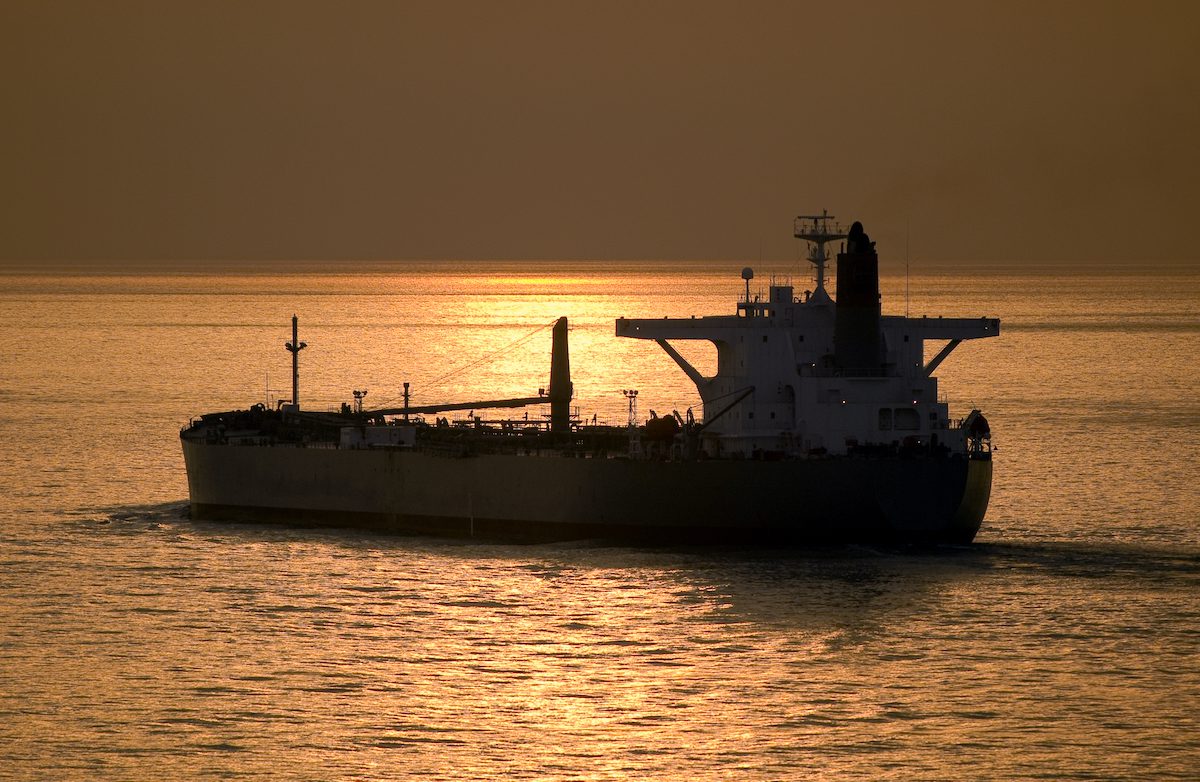The Government of Panama has issued a strong rebuttal to accusations made by United Against Nuclear Iran (UANI) regarding its role in enforcing sanctions against Iran’s oil trade.
Panama’s Maritime Authority (AMP) on Monday reported it has de-flagged more than 650 ships since 2019 as part of its compliance with the United Nations Convention on the Law of the Sea (UNCLOS) and efforts to combat terrorism financing and illegal fishing.
The statement comes in response to what it contends are “misleading claims” made by Mark D. Wallace, CEO of United Against Nuclear Iran (UANI).
The dispute intensified after UANI’s recent analysis revealed that 17% of vessels suspected of transporting Iranian oil—94 out of 542 tracked vessels—currently sail under Panama’s flag. This data has led to Wallace calling for immediate sanctions against Panama, claiming the country has “facilitated billions of dollars of Iran’s oil sales.”
Panama counters these allegations by pointing to several recent enforcement actions. In March 2025, the authority deregistered 107 vessels linked to sanctions violations. The country has also implemented new requirements for ship-to-ship oil transfer operations and enacted Executive Decree No. 512 in October 2024, which gives the AMP power to unilaterally remove vessels from its registry if their owners appear on international sanctions lists.
The Panamanian government emphasizes its international cooperation efforts, including participation in the Registry Information Sharing Compact (RISC), a memorandum of understanding signed with Liberia, Vanuatu, Marshal Islands, Dominica, Antigua & Barbuda, and Moldova. This agreement requires members to share information about vessels involved in sanctionable activities.
However, UANI maintains that Panama’s efforts are insufficient. The organization points to a recent U.S. Treasury Department action in April 2025, which sanctioned three vessels linked to Iran’s oil smuggling network—two of which were flying Panama’s flag.
“Panama has long been the flag of choice for sanctions violators and oil smugglers, and despite Panama’s spin room claims of progress, the Panama Maritime Authority continues to fail in ending its complicity in Iranian oil smuggling,” said Wallace.
“The Panama flag flying on vessels around the world is stained with blood,” he added.
Panama defends its position by highlighting its ongoing collaboration with the U.S. government through the U.S. Embassy in Panama and direct communications with the Department of State regarding ship registry and security issues. The maritime authority also emphasizes its commitment to investigating compliance with International Maritime Organization (IMO) conventions and United Nations Security Council recommendations.
The controversy underscores the challenges facing international maritime authorities in preventing sanctions evasion, particularly in the complex world of global shipping registries and flag states. As this dispute continues, the effectiveness of Panama’s enhanced enforcement measures and their impact on Iran’s maritime trade remains under scrutiny.
Editorial Standards · Corrections · About gCaptain

 Join The Club
Join The Club










